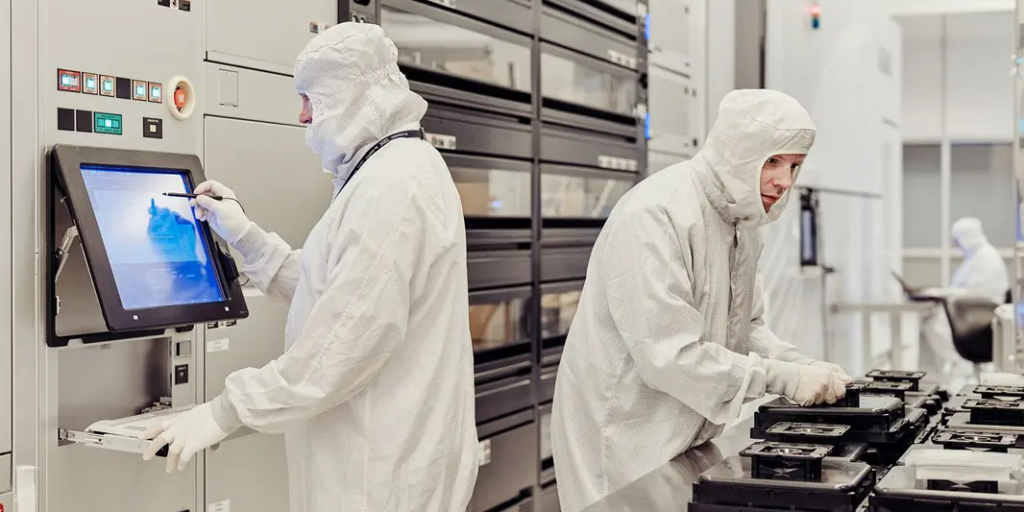VaughanJB
Scrappy VIP
Please please please - let's not get political in this thread. Whatever one thinks, we are where we are.
My question is - how worried are you about the economy, and the indicators of trouble ahead?
Car loan delinquencies are rising, hitting the highest levels in decades. Reports state that people handing the keys back to their lenders are high, and that these actions are not yet being reported to the banks bottom line. Home foreclosure filings have increased by 22% compared to a year ago, and an increasing number of people can no longer afford to keep up with payments.
Add into this, the student loan crisis. There are two sides to the argument, as always. On the one hand, people signed up for loans, and of course those loans need to be paid back. On the other side, many of these loans were at predatory levels of interest, and asking people to pay their loans will remove over a trillion dollars from consumer spending at a time when people are struggling.
In the mean time, credit agencies are marking the US down, and if the bills in play come to be, it is estimated that 2tr will be added to the national debt, with 600bn of tax cuts for the top 1% (apparently, the largest upward transfer of wealth in American history.)
Are we heading to a disaster of epic proportions?
My question is - how worried are you about the economy, and the indicators of trouble ahead?
Car loan delinquencies are rising, hitting the highest levels in decades. Reports state that people handing the keys back to their lenders are high, and that these actions are not yet being reported to the banks bottom line. Home foreclosure filings have increased by 22% compared to a year ago, and an increasing number of people can no longer afford to keep up with payments.
Add into this, the student loan crisis. There are two sides to the argument, as always. On the one hand, people signed up for loans, and of course those loans need to be paid back. On the other side, many of these loans were at predatory levels of interest, and asking people to pay their loans will remove over a trillion dollars from consumer spending at a time when people are struggling.
In the mean time, credit agencies are marking the US down, and if the bills in play come to be, it is estimated that 2tr will be added to the national debt, with 600bn of tax cuts for the top 1% (apparently, the largest upward transfer of wealth in American history.)
Are we heading to a disaster of epic proportions?


